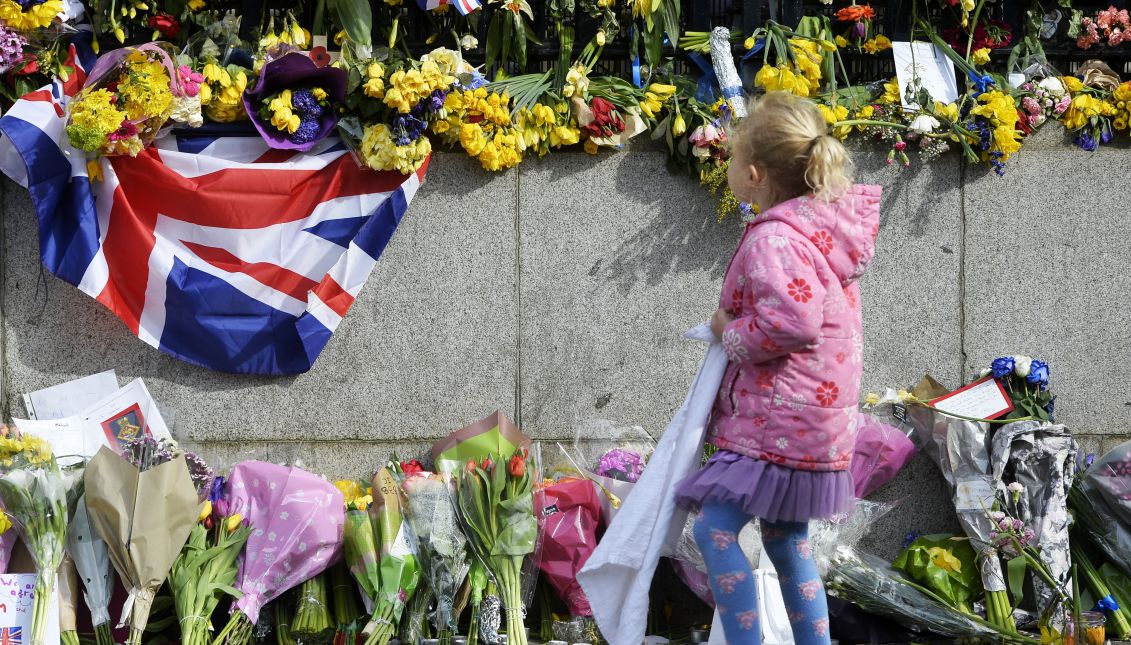
London Attack: The mystery of Khalid Masood’s journey into violence and terror
Extensive inquiries find no motive for Khalid Masood and senior officer says there is no intelligence to suggest more attacks are planned.
Last week, London suffered its most serious terrorist attack in more than 10 years.
Investigators have been trying to learn how a 52-year-old former English teacher and Muslim convert was set on the path of extremism and whether others were involved in planning his attack.
He plowed a sport-utility vehicle into a group of pedestrians on a bridge outside Parliament on Wednesday, then got out wielding a knife. He killed four people and injured dozens before being fatally shot.
After four days of intensive inquiries across England and Wales, the Metropolitan police said they had so far failed to establish the reason for the attack. It is continuing to look at whether Masood was prompted by online propaganda by Islamic State, which has claimed he was a “soldier”, or whether he had some other sense of grievance, as reported in The Guardian.
Police are investigating media reports that Masood checked his encrypted messaging service WhatsApp – or even sent a message – just before the attack, which hinted at others being involved. The police statement confirming that he was a lone actor does not appear to support suggestions that he had been in touch with an accomplice.
RELATED CONTENT
The British media is trying to decipher the mystery of Khalid Masood’s journey into violence and terror.
Masood was convicted of a series of violent offences – the most recent in 2003. He appears to have converted to Islam around then. A disproportionately high number of militants involved in plots in the west have been converts. In the UK between 2001 and 2013, 12% of “homegrown jihadis” were converts, but less than 4% of the overall Muslim population were. In the US, the total in 2015 was 40%, against an overall level of 23%. Do converts have something to prove? Are they, with superficial cultural and theological knowledge, more vulnerable to extremist interpretations of key teachings and texts?
Then there is identity. Masood, born Adrian Russell Elms, grew up one of two black men in a village in Kent, son of a single teenage white mother. Much of his life appears to have been marked by racial tensions. This too may help explain the appeal of not just conversion to Islam, but of extremism.
As reported in The Guardian.











LEAVE A COMMENT:
Join the discussion! Leave a comment.